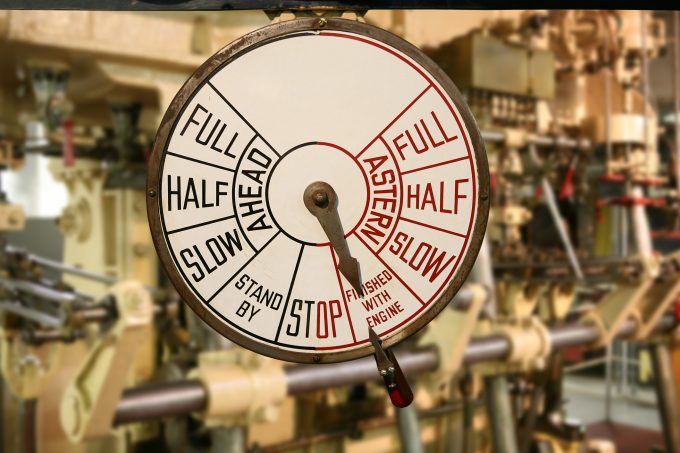HutchWatch: Panama pain and PSA plans – where we stand
Predictions

Less than 18 months before the IMO’s 0.5% sulphur cap regulations come into force for merchant shipping, container lines are worried that the estimated $50bn extra cost of the greener fuel could tip them into bankruptcy.
“We’re all going to go bust,” MOL’s president and chief executive Junichiro Ikeda told the Financial Times.
He expressed his concern that ocean carriers would be unable to recover sufficient amounts from shippers to mitigate the impact of the $300 a tonne extra cost of low-sulphur fuel oil (LSFO).
Mr Ikeda may ...
Maersk u-turn as port congestion increases across Northern Europe
Apple logistics chief Gal Dayan quits to join forwarding group
Maersk Air Cargo sees volumes fall as it aims for 'margin in favour of revenue'
Houthis tell Trump they will end attacks on Red Sea shipping
Transpac rates hold firm as capacity is diverted to Asia-Europe lanes
Airlines slash freighter capacity post-de minimis, but 'the worst is yet to come'
MSC revamps east-west network as alliance strategies on blanking vary
India-Pakistan 'tit-for-tat' cargo ban sparks sudden supply chain shocks

Comment on this article
Gary Ferrulli
June 11, 2018 at 3:00 pmThat’s an odd statement by one of the people who can make sure it doesn’t happen,
or does. The issue of rising fuel costs isn’t anything new to the industry, or any transport providers. When it occurs, the industry generally takes action to recover the increase costs from the customers. Decades ago the ocean carrier industry established fuel surcharge mechanisms that essentially worked to recover extraordinary fuel price increases. The surcharge fluctuated dependent on the price of fuel – simple and straight forward. But as carriers had the option of what to charge on anything through Service Contracts, they used a fuel surcharge exemption to try and capture market share, the all-in rates. So if the industry goes bust because of a fuel increase, it will be their own doing, their own decision making. The regulations are what they are, they comply and get a significant increase in cost. They can recover it through the surcharge, which has to be understood by any shipper; or they continue to chase market share by exempting large segments of the market from the surcharge and go bust. Their choice.
Erik N
June 13, 2018 at 5:06 amScrubbers are not the answer. They decrease fuel efficiency (thus increase costs and GHG emissions) and they are maintenance intensive (more cost), especially as they age. Worst of all, open-loop systems simply capture air pollution and transfer it to the sea. That’s not a solution; that’s simply moving the pollution from the air to water. It’s absolutely amazing that there’s not a larger outcry about this.
Harry Perry
June 17, 2018 at 4:14 pmScrubbers are a great solution. The problem is that the owner’s with a large fleet can expect an exorbitant retrofit bill to implement the solution. For most newbuilds, it makes sense. The IMO regulations for GHG emissions will not take effect till 2050. This is beyond the life of most existing ships. If you use LSFO, the distillates, ask your charterer for fuel purchase assistance. Some charterers already practice this.